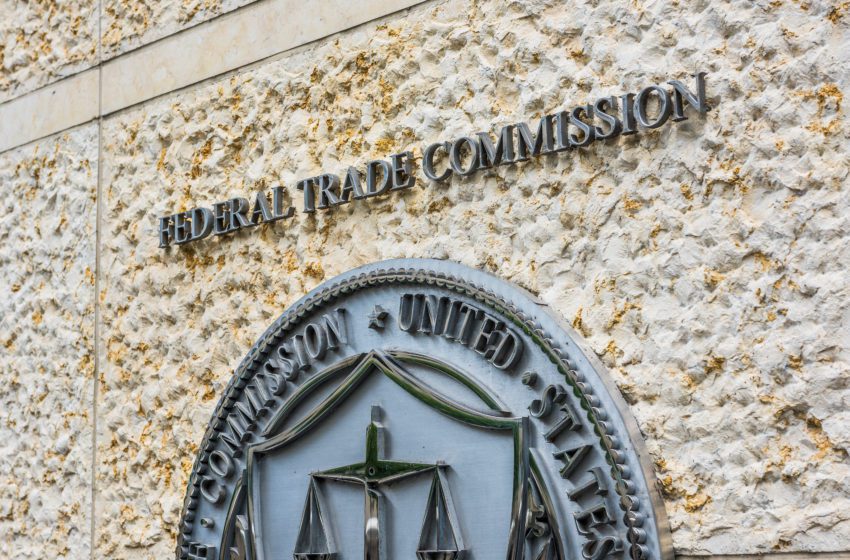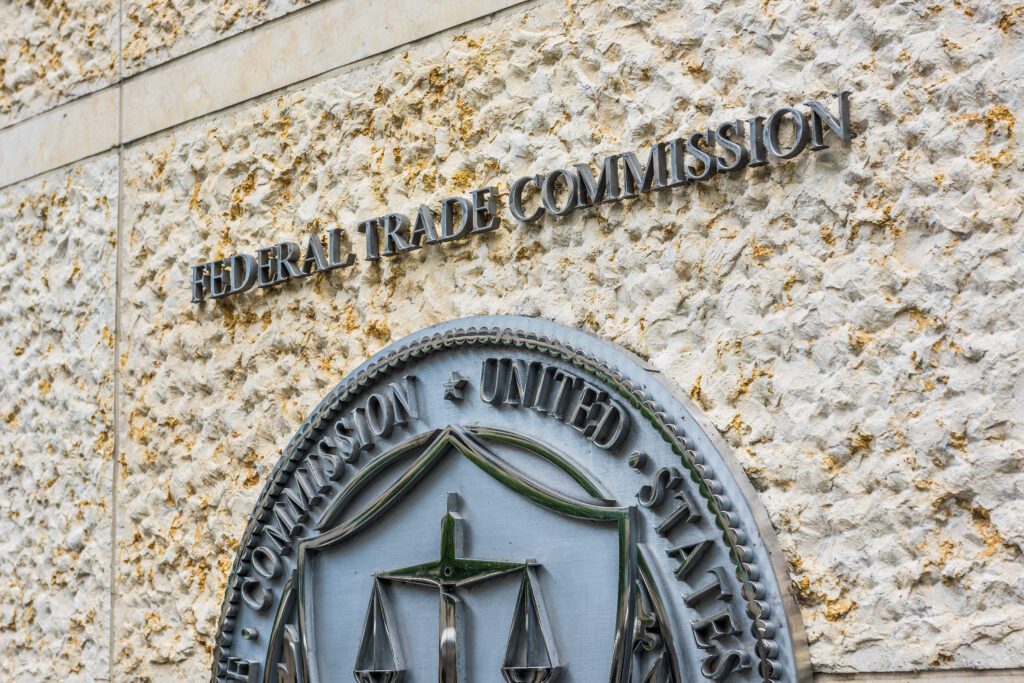FTC Report Shows Surge in Sales of Disposable Vapes
- News This Week Research
- August 31, 2022
- 6 minutes read

Credit: Andriy Blokhin

The Federal Trade Commission’s second report on e-cigarette sales and advertising across the U.S. shows sales of flavored disposable e-cigarettes and menthol e-cigarette cartridges surging dramatically in 2020.
The coincides with a federal ban on the flavored cartridges for closed systems. Regulators state that closed systems were popular with youth, so the FTC report suggests that youth e-cigarette use has shifted to disposable flavored products rather than declined.
The report also found that the distribution of free and discounted e-cigarettes reached record highs.
“This report shows that youth are still at risk from flavored or deeply discounted e-cigarettes,” said Samuel Levine, director of the FTC’s Bureau of Consumer Protection. “Marketers of e-cigarettes have proven skillful at evading FDA regulation and hooking youth on addictive products.”
The FTC has been reporting on tobacco sales annually since 1967 and smokeless tobacco sales since 1987. Last year, the agency expanded its studies of industry and published its first-ever report on e-cigarettes.
This year’s e-cigarette report covers sales and advertising data from 2019 and 2020, a period in which the U.S. Food and Drug Administration published an enforcement policy banning the sale of flavored e-cigarette cartridges other than menthol.
Overall, the report found that total e-cigarette sales, which had increased from $304.2 million in 2015 to $2.046 billion in 2018, grew to $2.703 billion in 2019, but then declined to $2.24 billion in 2020. The FTC report notes that the 2020 decline may not represent the market given major industry shifts. Key findings in the report include:
- Significant shift to flavored disposable e-cigarettes: Publicly available sources indicate that the sale of disposable e-cigarettes – which are exempt from the FDA’s 2020 policy – increased substantially, with “other” flavored disposable products making up 77.6 percent of all disposables sold in December 2020. The FTC’s data did not show an increase in disposable sales. However, FTC’s data likely does not represent an accurate picture of the market for disposable e-cigarettes. Only two of the five companies submitting data for 2019-20 continued to market disposable e-cigarettes in 2020, and those that did provided more limited offerings. In order to improve the representativeness of its industry sales data for future FTC reports, the FTC recently sent orders to four additional e-cigarette companies.
- Major increase in menthol cartridge sales: Similarly, the report found that the sale of the remaining non-FDA-banned flavored cartridge, menthol, increased significantly, to 63.5 percent of all cartridges sold in 2020.
- Record high e-cigarette discounting: The data also reveal that price discounting for e-cigarettes reached a record high of $182.3 million in 2019, and, although it decreased slightly in 2020, such discounting still represented the largest category of ad expenditures by e-cigarette manufacturers.
- Doubling of nearly free e-cigarette samples: The data collected for 2019-20 suggest that spending on the sampling and distribution of free and deeply price-discounted e-cigarettes more than doubled in just two years, making it the second-largest spending category in 2020. This occurred because, after the FDA banned tobacco product sampling in 2016 to limit youth access, some companies began offering e-cigarettes for $1 (or even less) in an apparent attempt to get around the ban.
“This report shows that partial bans on certain types of flavors for certain types of e-cigarettes are unlikely to be successful in achieving a reduction in youth addiction to nicotine via e-cigarette usage,” the FTC wrote in statement.
The Commission vote approving the FTC’s E-Cigarette Report and related data tables for 2019-20 was 5-0.